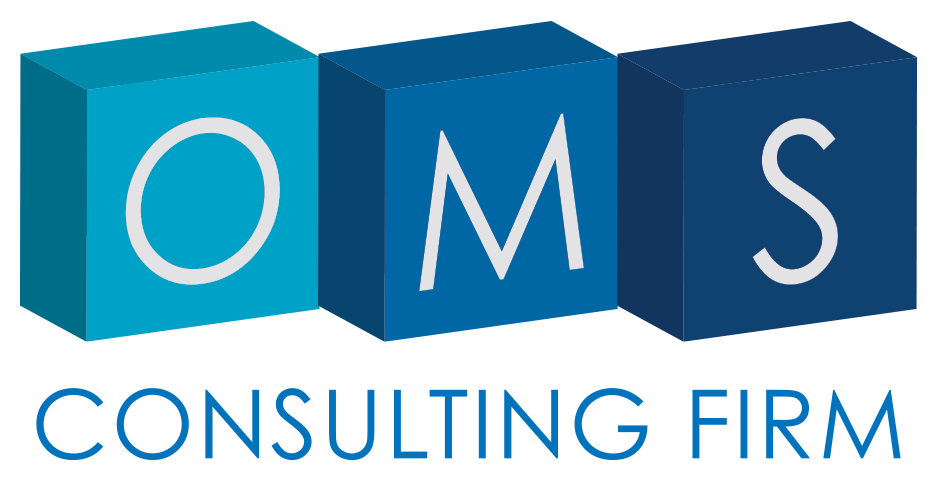If you own or work in an Oral and Maxillofacial Surgery practice, you already know that your success does not begin and end with clinical excellence. OMS practices are complex organizations that need great people to elevate the business. You only need a handful of people who know how manage facial trauma, extract wisdom teeth and place complex dental implants to have a successful OMS business.
However, you need every employee to understand, contribute to, and engage in the practice’s culture.
At OMS Consulting, we’ve seen many different types of practice culture. And, to be sure, each practice should have their own unique culture—it must be authentic to the people who live it out each day. However, there are several common themes among practices who create a positive culture that lasts through employee turnover and ups and downs in the practice’s business.
1. Write it down. Even if you have a great culture, it can be an important exercise to articulate what makes up your culture. That way, when it’s time to hire new employees or do yearly reviews, there’s a common language spoken in the office when it comes to the intangibles that make employees successful and productive. As a practice, collaborate and identify 5-10 shared values that define your business culture. Then, develop 2-3 sentences of description to say what you mean. Don’t use business-speak—be sure to capture the essence of what makes your practice unique.
2. Make it positive. Culture isn’t the result of discipline and rules. That’s not to say that there won’t be a time when employees need to be reprimanded or put on a performance plan. Taking care of the negative parts of employee behavior is not just a personnel matter, it’s personal. Culture is collective. When you’re defining your practice culture, be aspirational and think as a unified group. Leave corrective action for one-on-one conversations.
3. Make it known. If you take the time to define your culture, it needs to be promoted. Craft posters for break rooms that include your values. Develop employee giveaways with themes from your culture on them. Check in on your culture during staff meetings, and use the language you’ve developed so that it’s obvious you’re continuing the conversation.
4. Make it grow. While culture is foundational, it can shift over time. Each year, check in with leaders across the practice about what areas require growth, what areas require revision, and what new areas might be emerging.
5. Engage with partners who will give you an honest assessment. At OMS Consulting, we specialize in analyzing practice culture and can help you develop—and grow—your practice.
To learn more about our consulting services, call (833) OMS-FIRM or scott@omsconsultingfirm.com.


Recent Comments